- Arakan residents call for air raid warning systems amid surge in junta airstrikes
- Arakan’s Breathing Space (or) Mizoram–Arakan Trade and Business
- Death toll rises to 18 after junta airstrike on Ponnagyun village market
- Regime arrests dozens of Muslims in Sittwe over alleged Arakan Army links
- Over 200 IDPs in Ponnagyun struggle without shelter, food aid
Women in rural Arakan see few job prospects and wasted potential
Young women from rural and remote parts of Arakan State, where fighting between Myanmar’s military regime and the Arakkha Army (AA) is ongoing, say a lack of job opportunities has left them doing “chores” and other odd-jobs to eke out a living.
16 Sep 2024
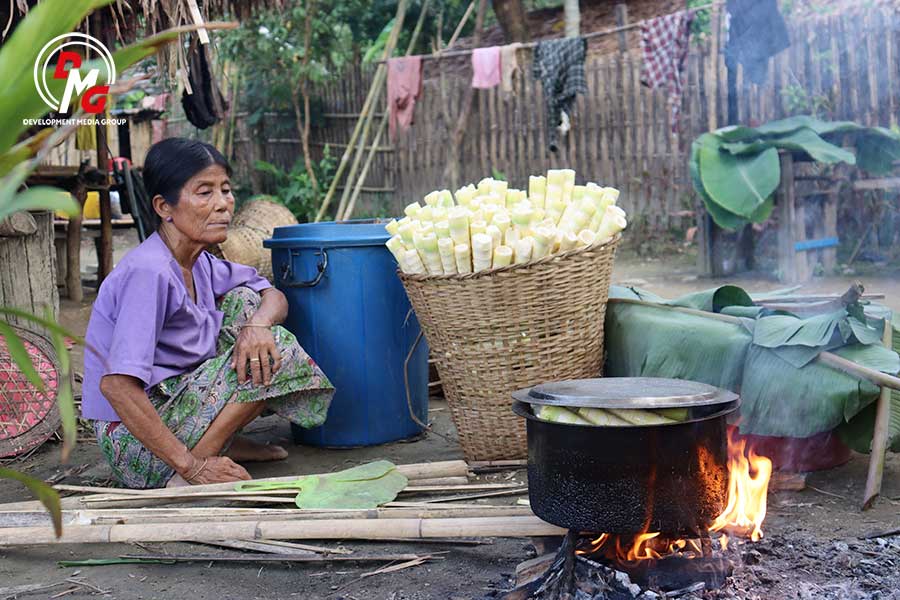
DMG Newsroom
16 September 2024, Kyauktaw
Young women from rural and remote parts of Arakan State, where fighting between Myanmar’s military regime and the Arakkha Army (AA) is ongoing, say a lack of job opportunities has left them doing “chores” and other odd-jobs to eke out a living.
Women including some university students from Tinma, Pyaingtaing, Malar, Myauktaung, Shwepyi and Thazi villages, along the upper reaches of the Kaladan River in Kyauktaw Township, report making a living collecting djenkol beans and bamboo shoots in the jungle.
“We have to do odd-jobs because we don’t even have a [steady] job anymore. We earn about K5,000 a day. We have nothing to learn and no work to do, so we have to do odd-jobs,” said Ma Khaing Hnin Wai, a 21-year-old djenkol beans seller from Tinma Village.
About 50 women from Pyaingtaing Village go to the jungle to collect bamboo shoots daily. The women are working on collecting bamboo shoots and selling them in the rainy season, but the work is only seasonal.
“At first, I was embarrassed [collecting bamboo shoots]. I never thought I would have to do this, but now I have to. But in the open season, there is nothing for us young people to do,” said Ma Hla Htay Phyu, a local woman from Pyaingtaing Village.
These young women said that in the past, they were comfortable with technology and financial support from civil society organisations in Arakan State to work in tailoring, agriculture and livestock rearing.
Young women from Minbya, Mrauk-U, Myebon and Rathedaung townships also said that jobs are scarce, at a time when junta blockades have triggered soaring prices for everything from food and fuel to commodities and basic consumer goods.
“I have no future. I attended an English speaking course in Sittwe before the fighting. Everyone in the village sleeps, eats, and has nothing to do,” said Ma Khaing Hnin Wai, a university student from Khwasone Village in Mrauk-U Township.
Arakan State is one of the poorest in Myanmar, with commensurately fewer education, business, and social opportunities, even in pre-conflict times. As a result, many youths have left the state for jobs abroad or elsewhere in Myanmar, while others have joined armed groups.
“During this period, young women are losing their future. Women have no work, no money to spend, and are psychologically damaged. Some even decide to commit suicide,” said a women’s activist in Myebon Township. “In order to raise the morale of young people, the incoming government also needs to consider it as an issue.”





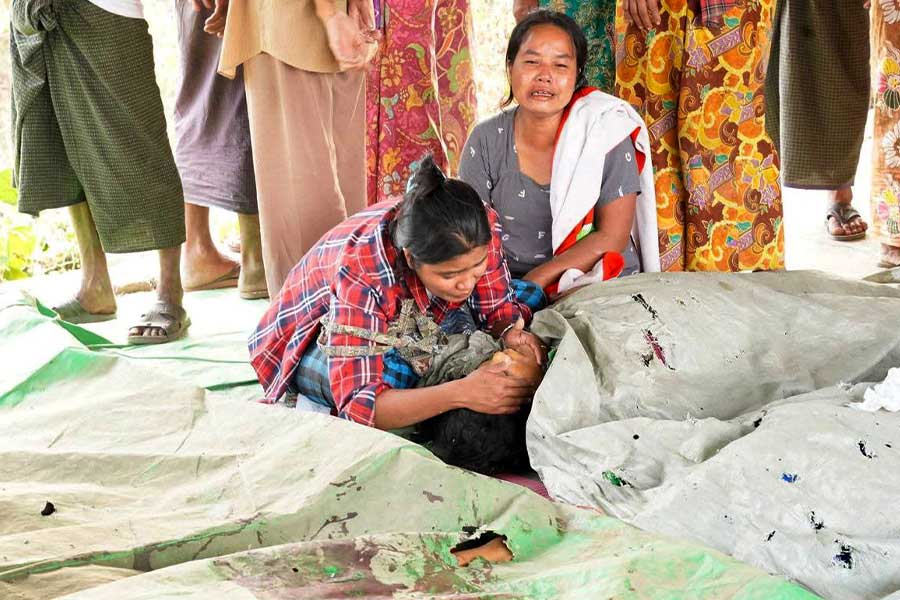
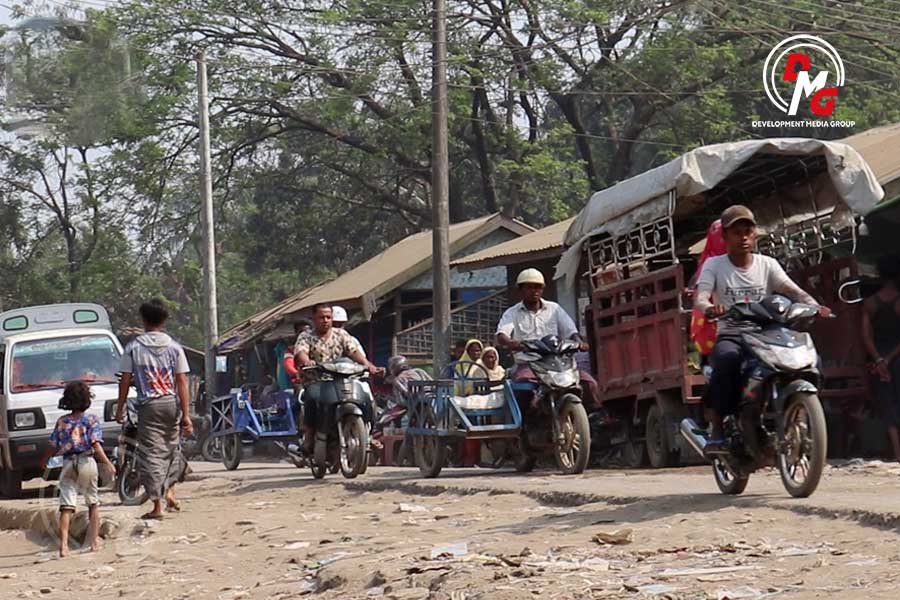
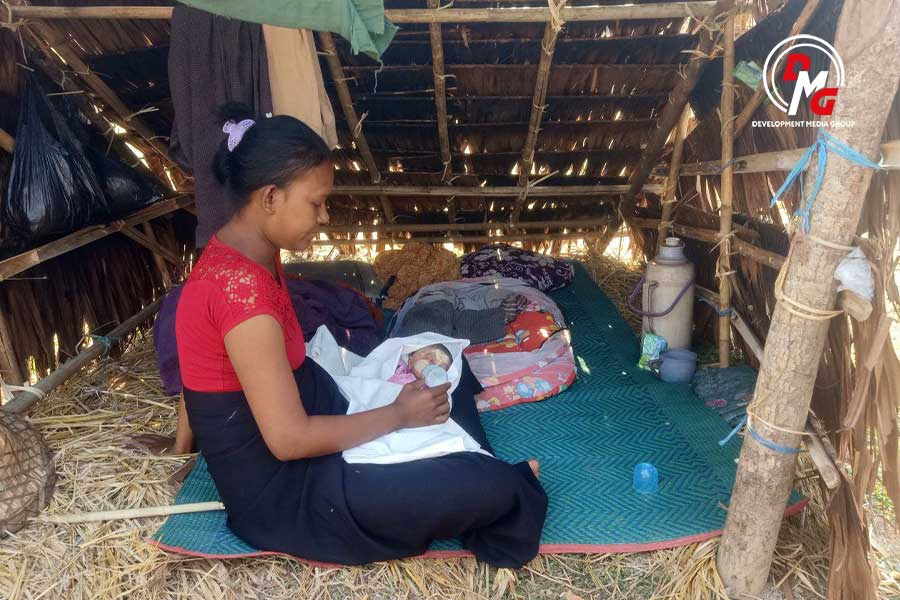
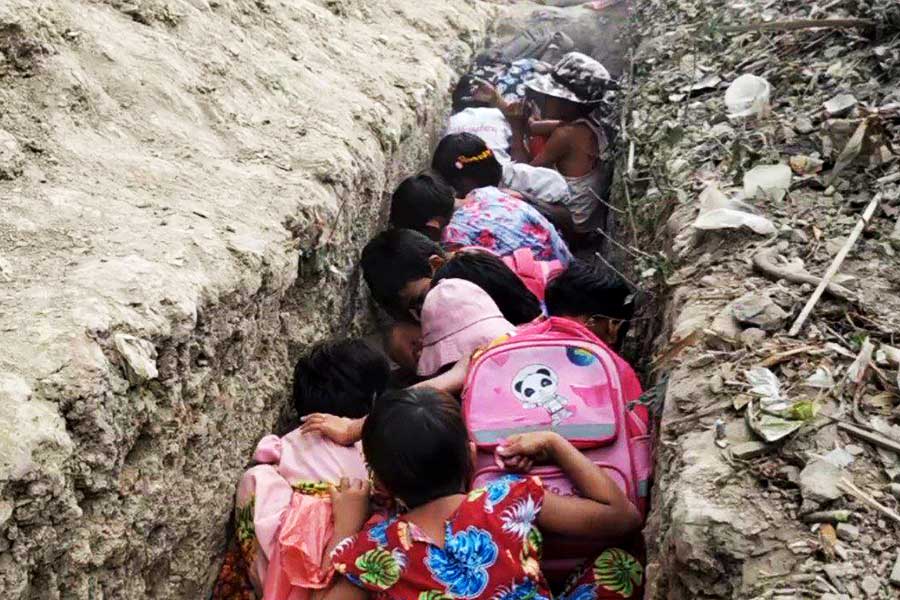








.jpg)